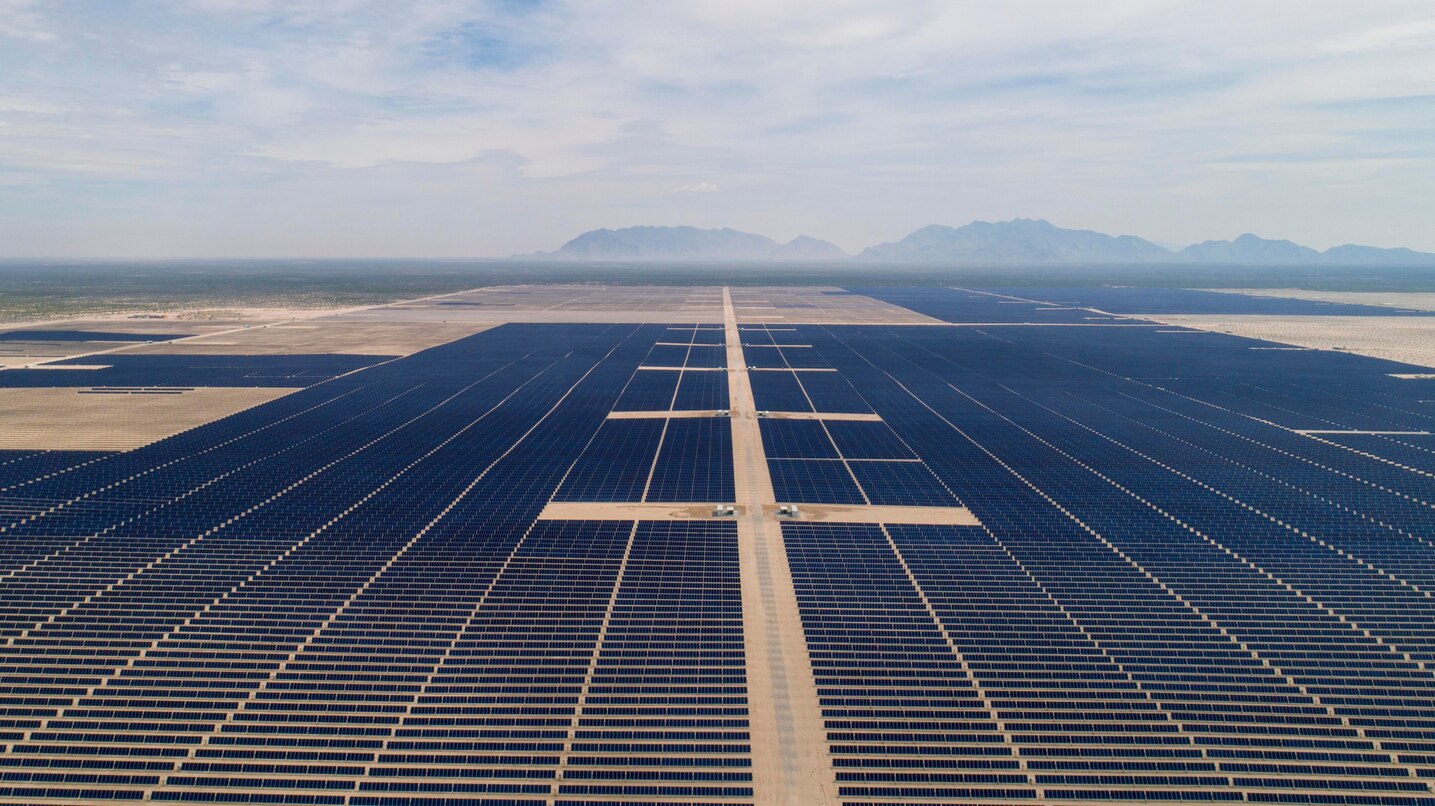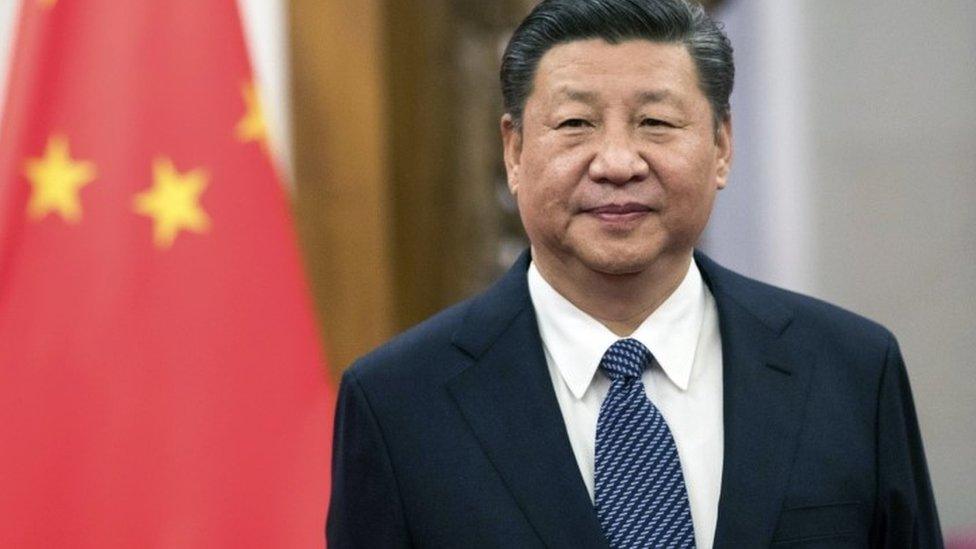- Courses
- GS Full Course 1 Year
- GS Full Course 2 Year
- GS Full Course 3 Year
- GS Full Course Till Selection
- Answer Alpha: Mains 2025 Mentorship
- MEP (Mains Enrichment Programme) Data, Facts
- Essay Target – 150+ Marks
- Online Program
- GS Recorded Course
- Polity
- Geography
- Economy
- Ancient, Medieval and Art & Culture AMAC
- Modern India, Post Independence & World History
- Environment
- Governance
- Science & Technology
- International Relations and Internal Security
- Disaster Management
- Ethics
- NCERT Current Affairs
- Indian Society and Social Issue
- NCERT- Science and Technology
- NCERT - Geography
- NCERT - Ancient History
- NCERT- World History
- NCERT Modern History
- CSAT
- 5 LAYERED ARJUNA Mentorship
- Public Administration Optional
- ABOUT US
- OUR TOPPERS
- TEST SERIES
- FREE STUDY MATERIAL
- VIDEOS
- CONTACT US
ABUSE OF ARTICLE 19, 25 RIGHTS
ABUSE OF ARTICLE 19, 25 RIGHTS
1. Background:
Tamil Nadu Minister Udhayanidhi Stalin has approached the Supreme Court seeking to club the First Information Reports (FIRs) registered against him in multiple states regarding his remarks on 'Sanatana Dharma'.
2. Supreme Court's Response:
A bench of Justices Khanna and Dipankar Dutta told Stalin that being a minister, he should have been careful in his statements and conscious of their possible consequences.
|
The bench said "You abuse your right under Article 19(1)(a) (right to freedom of speech and expression) of the Constitution. You abuse your right under Article 25 (freedom of conscience, freedom to profess, practice and propagate religion)."
"Now you are exercising your right under Article 32 (to file a petition directly in the Supreme Court)? Don't you know what the consequences of what you said will be? You are not a common man. You are a minister. You should know the outcome.” Will Articles 19 and 21 be enforceable against private citizens?The Supreme Court ruled in the case of Kaushal Kishor vs. The State Of Uttar Pradesh Govt. and Ors. that the rights guaranteed under Article 19(1) and Article 21 can be enforced against private individuals, not only against the state.
Reasonable Restrictions:(Article 19(2)) Freedom of Speech and Expression: Reasonable restrictions can be imposed in the interests of sovereignty and integrity of India, security of the State, friendly relations with Foreign States, public order, decency or morality, or in relation to contempt of court, defamation, or incitement to an offence. Article 25 - Freedom of Conscience and Free Profession, Practice and Propagation of Religion:Everyone is entitled to freedom of conscience and the right to freely profess, practice and propagate religion. Explanation:
Thus, Article 25 covers not only religious beliefs (doctrines) but also religious practices (rituals). These rights are available to all (citizens as well as non-citizens). Restriction on this right:
Article 32 - Right To Constitutional Remedies:Article 32 gives the right to remedies to the victim, if his fundamental rights are not enforced. The right to get other Fundamental Rights protected is itself a fundamental right. Dr. Ambedkar called Article 32 as the most important article (soul) as without this, other fundamental rights will not be enforced. As per the Supreme Court, Article 32 is a basic feature of the Constitution. Hence, it cannot be amended. Article 32 has following 4 provisions:
|
3. Violation of Rights:
Mr. Stalin argued that the registration of multiple FIRs violates his right to a fair trial under article 21." He mentioned instances where the Supreme Court had intervened and clubbed FIRs in similar cases involving public figures.
Conclusion: The Supreme Court's inclination to examine Udhayanidhi Stalin's plea shows the importance of balancing individual rights with legal processes, especially in cases involving sensitive issues such as public figures and religious sentiments. The outcome of this case will likely set a precedent for how similar cases will be handled in the future.



